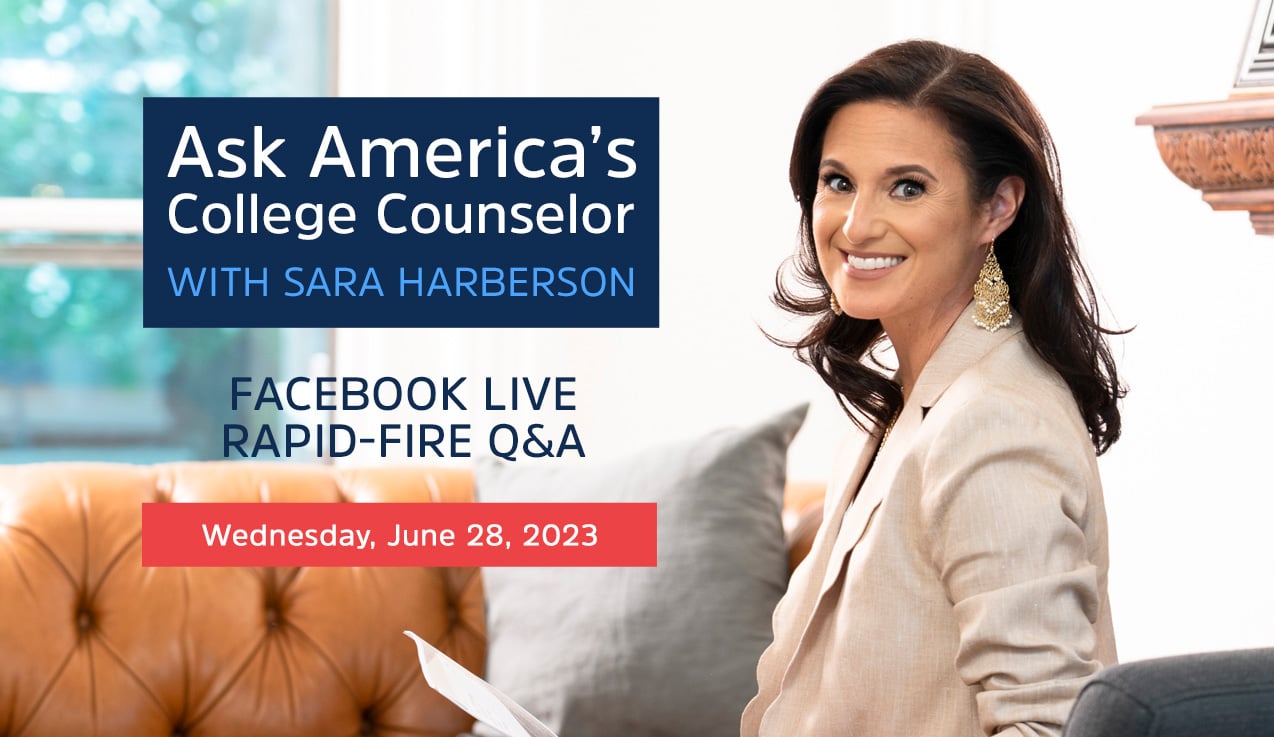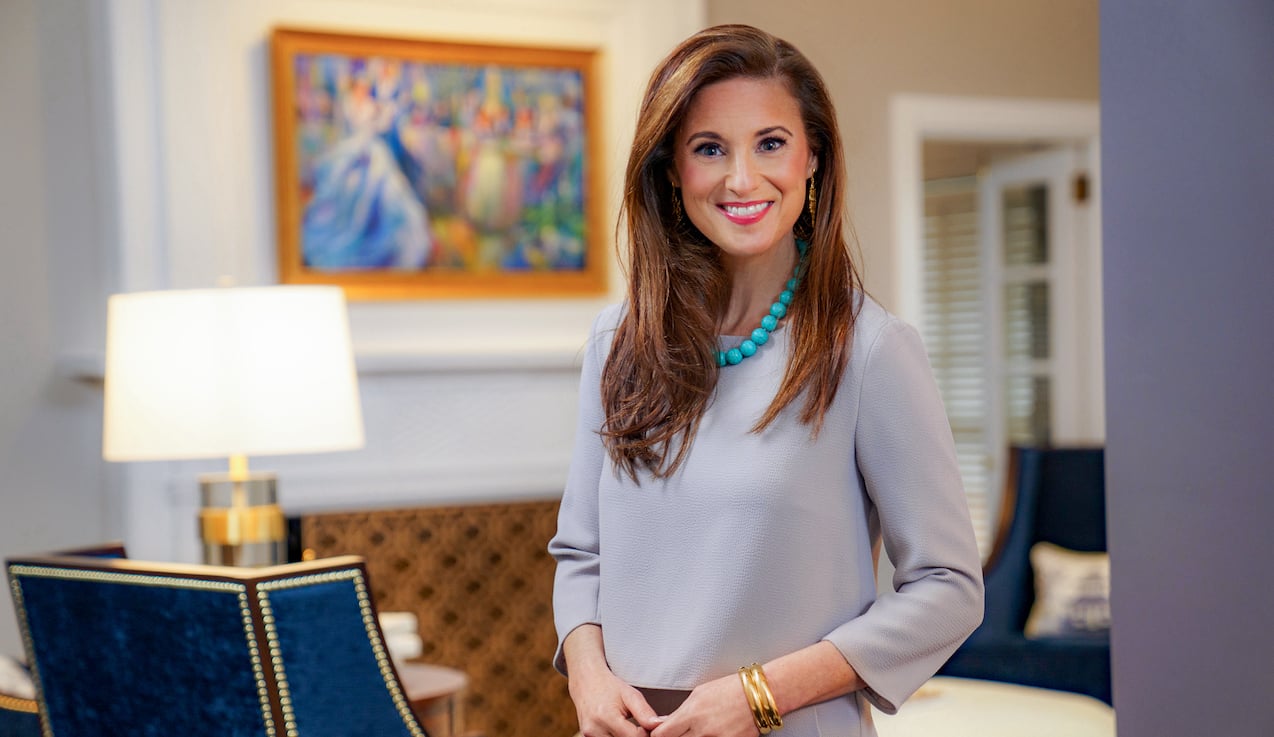Last week, the U.S. Supreme Court ruled to end affirmative action. Colleges will no longer be able to use an applicant's race as a basis for admission.
While most professionals in the admissions and college counseling world expected this decision, many students are unsure of what this means and how it will impact the coming admissions cycle and beyond. Interestingly, the onus is on the colleges, not students.
Let's break down the ruling:
Will students still have the option to check the "race box" on the application?
For decades, applications have included "race boxes" which are essentially checkboxes that students are able to select to self-identify their race. Colleges used those race boxes to quantify racial groups, not only in the applicant pool, but the admitted pool of students and the enrolled pool as well. This allowed colleges to track the exact numbers and percentiles of each race at every stage of the process. Many colleges, including Harvard, paid close attention to these numbers—so much so that the admissions office was committed to maintaining a certain percentage of the admitted class for each racial group in order to avoid "drop off" for certain racial groups.
Moving forward, race boxes will most likely remain on college applications in order for organizations and companies, like the
Common Application, to monitor demographic changes due to the ruling. However, the race boxes will be blocked from the colleges to avoid giving certain racial groups advantages or disadvantages in the admissions process.
Will colleges continue to value diversity?
Most colleges put a high priority on diversity for the last several decades. Admissions offices were charged with creating the most diverse incoming freshman class each year. Diversity is often associated with race, and this was the most important goal for many colleges. But diversity in college admissions also refers to geographic, financial, gender, and other identifiers. That said, underrepresented racial groups were targeted not only to apply but to enroll.
After the ruling was announced last week, many colleges
publicly declared their continued commitment to diversity. I anticipate that colleges will instruct their admissions officers to continue to recruit, admit, and enroll the most diverse student body they can. This means that admissions officers will be looking for clues in a student's application. While the ruling prohibits colleges from admitting students because of a student's race, the ruling does not prohibit students from making their backgrounds clear in their applications.
Does a student need to keep quiet about their race in their application?
Because the ruling does not put a lot of restrictions on students, they can continue to write essays about their race as long as the discussion of race is "concretely tied to a quality of character or unique ability." Students will also be able to report culturally-centered activities, honors, and experiences on their applications. If a student is coming from an underrepresented background, it behooves them to do this.
How does the ruling affect white and Asian American students?
With colleges doing everything they can to try to maintain diversity, white and Asian American students will most likely not feel a significant impact, at least not immediately. That said, colleges are forbidden to use race as a disadvantage in the process. I anticipate that the numbers and percentiles of white and Asian American students will increase in the coming year. Greater disparity between majority and minority groups may not be apparent until several years into race-neutral admissions, though.
If colleges are no longer permitted to use race as a basis for admissions, why could race still play a role in the process?
The admissions process is still a human one (rather than one
handled by AI). The reason this case made it all the way to the U.S. Supreme Court is because the admissions process is so subjective. In light of the ruling, admissions offices can no longer quantify diversity like they used to. Instead, admissions officers will be looking to consider it in qualitative ways if the student mentions it in the application. And if race is not clear in the application, admissions officers will be looking for clues related to a student's socioeconomic background, the educational background of their parents, geographic identity, and other ways to determine whether the student could bring a diverse perspective to that college.
READ MORE: How High Schools Are Unknowingly Damaging Students’ Chances for College Admission
Time will tell how colleges will treat applicants moving forward. We can assume, though, that colleges will continue to value diversity and figure out ways to create the most diverse college community they can. The result may not look or feel like it once did. But there's no way these colleges will stop trying.












